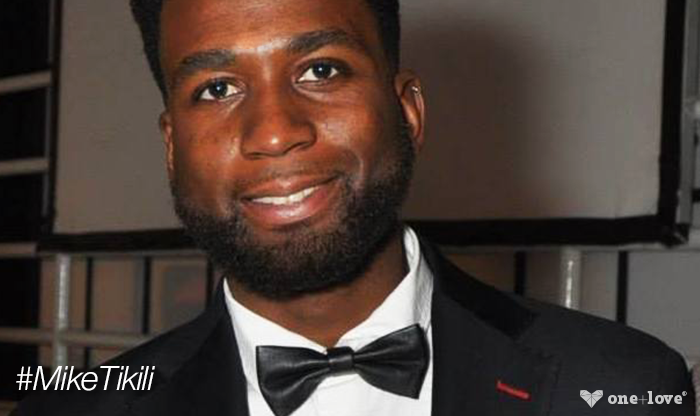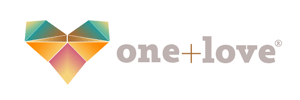
HIV/AIDS Activist Mike Tikili Acts Up (Part 1)
Mike Tikili is a community organizer of Nigerian descent who was raised in Brooklyn and Guyana. He became involved with Health Global Access Project (Health GAP) through his work with QUEEROCRACY, a grassroots activism group that focuses on global health, the AIDS epidemic, and other issues that affect queer people throughout the world. He holds a Master of Business Management degree from Duke University’s Fuqua School of Business and a Bachelor of Science in Psychology and Neuroscience from Duke University.
Mike has been featured for his activism in the Village Voice and various other media outlets, and was the recipient of the 2012 Chloes Award for his participation with the We Can End AIDS Mobilization. Poz Magazine named him as one of the most effective AIDS activists in 2012. He currently resides in New York City and continues to work with QUEEROCRACY and ACT UP New York to fight for an end to the AIDS pandemic and for social and economic justice.
Which identities of yours does it feel important to call out loud, by name?
Afro-Caribbean-queer-American male.
If you had the national ear for the day, what would you say about HIV/AIDS in the black community?
The combined stigma and silence within our community is driving infection rates in the current epidemic. Men that have sex with men (MSM) and trans women of color have the highest infection rates in the U.S., with many structural drivers to blame: police violence, lack of housing, community violence, lack of sexual education, criminalization (queer and positive bodies), access to appropriate healthcare, lack of acceptance/love/support among family, etc.
Until we begin to support and accept each other rather than ostracize and disown, as a community we will never be able to address and overcome such a devastating blow as HIV. If you associate with a group that condemns others based on differences, you are fueling the same hatred that kept us oppressed and shackled for hundreds of years. We easily forget that the basic human rights we have been fighting for in this country as a people are for everyone, including queer individuals.
What misconceptions would you dispel about HIV/AIDS in the black community?
Everyone is relatively at risk, which is why folks should start disclosing important things before a condomless romp. Sex is a two-way street. If you aren’t communicating with partners and taking your sexual health into your own hands, you’re obviously being too complacent in life.
Age is also not a condom. HIV infection rates are increasing in the older generation, because folks forget that HIV discriminates against no one or age.
Just because you have sex with someone who is positive doesn’t mean you will become infected with the virus. Studies show (see HPTN-052) that people who are adherent to their medical therapy and have an undetectable viral load are 97% less likely to infect others–nearly impossible.
You can still procreate if you are positive, so access to anti-retrovirals (ARVs) is essential in preventing mother-to-child transmission.
It’s 100% preventable! We can actually end AIDS in the next 30 years if we scale up on treatment via global funding (see PERFAR & the Global Fund for TB, Malaria & HIV).
How has your activism impacted your lived experience with HIV/AIDS?
My activism has helped me to cope with living with HIV as I have met dozens of other positive people from around the world who are going through much different struggles than what I saw and experienced myself. It also brings into perspective the role privilege plays in the epidemic, as I realize my access to the necessary health care to survive could be compromised had I lived in a rural village in the Global South or in environments that are slaughtering and imprisoning their queer populations. It made me realize that my struggle is so interlinked with the struggle of those before me and those to come after.
You got arrested in House Speaker John Boehner’s office protesting cuts to life-saving programs. What was amazing/memorable/noteworthy about that experience?
Seeing my almost naked body on every major news outlet was a bit overwhelming, as we didn’t imagine the media would cover the story much–the highlight being Rachel Maddow (dream come true). Frankly, I wish I would have worked out more before the action. I remember how excited I was painting the messages the morning of the action on our naked bodies–particularly the pink triangle on designated spots–linking our action to the years of previous AIDS activism. Seeing so many organizations be a part of that action reassured me that many things are possible when we unite for a common cause. In this case, it was making Speaker John Boehner–whose last name alone makes for a fun target and some great chants–see the naked truth about the draconian budget cuts he was so insistent on implementing on the American population.
Tune in on Thursday for Part 2!



Recent Comments